I wonder if the royal family realise how lucky they are to have Kate? She may have been born a commoner, but she is proving herself to be the best asset the Firm have. As naff as this sounds, she comes across as actually caring and wanting to use her position of power and influence to do some good which is quite refreshing in today’s self-obsessed, navel-gazing world where those in the public eye only seem to care if there’s a long-lens camera trained on them while they do their good deeds.
Along with William she has championed causes such as mental health which were profoundly uncool when they first adopted them and are now considered in vogue in no small part thanks to their involvement. Kate is showing herself to be a thoroughly modern royal. She is using her extraordinary reach and celebrity to champion the weakest, the dispossessed and the disenfranchised.
It would be easy to just rock up, cut a few ribbons and pop back to your palace. But one really gets a sense that Kate has spent the last decade actually listening to the people she has met and thinking about how she could help. Her answer is The Royal Foundation Centre for Early Childhood, which launched last month. Focusing on early childhood is actually a genius move if you want to address the problems she will have seen through her charity work. We know that the early years of childhood can make all the difference to what happens in adulthood. While we think of things like addiction, homelessness and mental illness as being things that afflict adults, more often than not they have their roots firmly in childhood. I’ve often thought that this is both scary, because of the responsibility it places on care givers, but also incredibly uplifting because it means that if we can just intervene at the right time, we aren’t slaves to our genetics. By looking at this period in a person’s life, the idea behind the foundation is that we can prevent problems before they even begin.
The foundation launch was accompanied by an inaugural report which made sobering reading. Nearly a third of five-year-olds are not reaching a good level of development, according to their teachers, and the gap between more disadvantaged children and their peers at five has already opened up significantly. An analysis of results indicates that disadvantaged children are 4.6 months behind their peers by the end of reception.
One wonders how Covid is going to affect things as it will surely have widened the gulf between the wealthy and the disadvantaged even more. We may be seeing the effects of this for decades to come.
The report also highlighted the role of parental mental illness, with around 20 per cent of new and expectant mothers having mental health problems, according to the NHS. This is, unsurprisingly, concentrated in areas with high levels of deprivation. Pre-school children of parents with poor mental health are three times more likely to have a mental health difficulty themselves, and the effects can continue into later childhood and adulthood. Man hands on misery to man, it would appear.
The royals have a noteworthy history of finding a cause and championing it – supporting or even setting up organisations and charities that seek to help people better themselves in one way or another, specialising in a hand up rather than just a hand out. I’m no ardent royalist but it’s impossible not to see the extraordinary good that they do when it comes to these kinds of projects. Kate’s charity is the latest in a number of ventures undertaken by the royal family. The Princes’ Trust has championed the poor and done tremendous work with those from disadvantaged backgrounds. And the Duke of Edinburgh award is, arguably, the crowning glory, having operated now for over 60 years, expanded to 144 countries, impacting the lives of millions of youngsters around the world.
One can’t help but contrast all this with Harry’s latest ventures which seems to consist of being paid eye-watering amounts of money to make a few documentaries and giving what are, in effect, promotional interviews which he manages to make entirely about him and his perceived struggles. It makes him look pitifully spoiled, self-centred and out of touch.
While various self-styled mental health campaigners (made up entirely of the metropolitan elite) have claimed he is speaking out about mental illness and this is a Good Thing, he seems to me to be doing little more than airing his dirty laundry in public and using mental health as a fig leaf.
It’s not about other people it’s all me, me, me. I don’t even think he is helping those with mental health problems – at least, not the ones that really need help. I fear that he’s putting people off getting therapy because he’s coming across as so bitter. It’s also profoundly patronising for all these middle class ‘activists’ who have been applauding him to think that a multimillionaire talking about his troubles is going to make an unemployed middle-aged man, for example, suddenly think about therapy. If anything, his constant moaning is going to put them off.
The biggest barrier for people going to therapy is actually accessing it – something which Harry doesn’t have to worry about because he’s super-rich and well connected. But this doesn’t appear to have occurred to him. It would be far better to follow Kate’s lead. Rather than basking in the spotlight herself, she skilfully manages to reflect it on to others who otherwise might not have a platform. In doing this so deftly and with such grace, she is becoming the jewel in the royal family’s crown.
<//>
Got something to add? Join the discussion and comment below.
Get 10 issues for just $10
Subscribe to The Spectator Australia today for the next 10 magazine issues, plus full online access, for just $10.

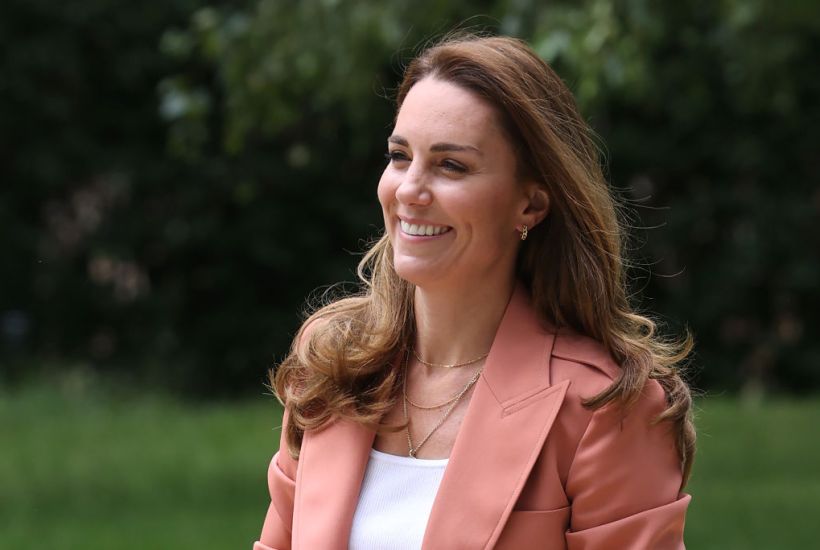
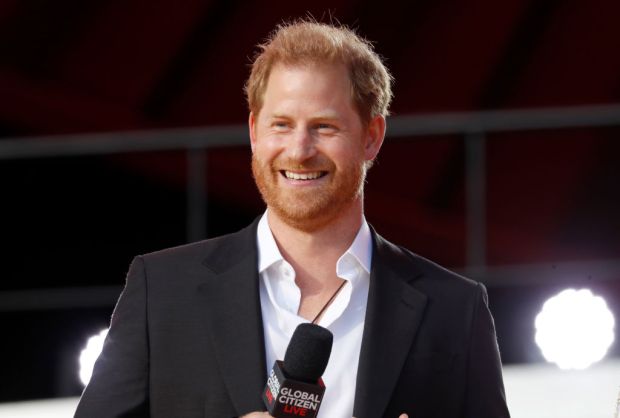
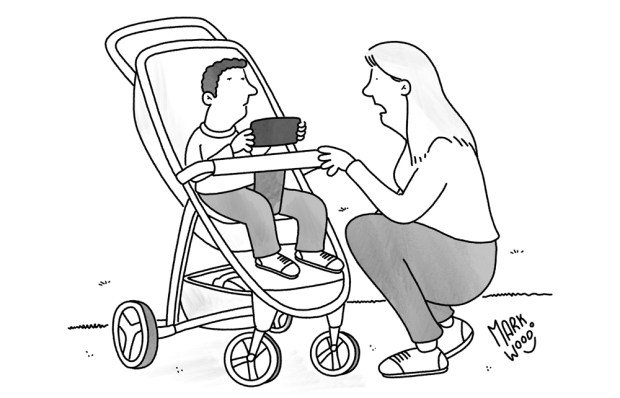
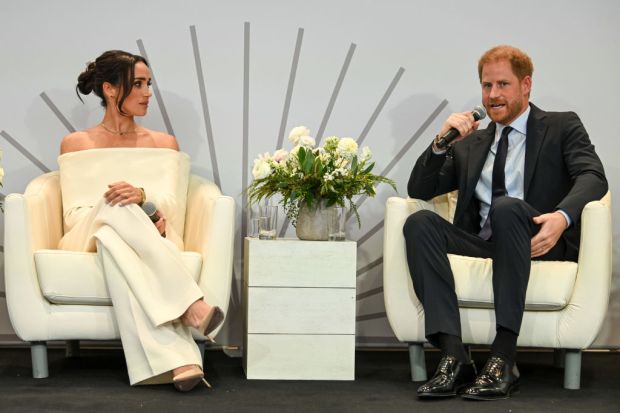
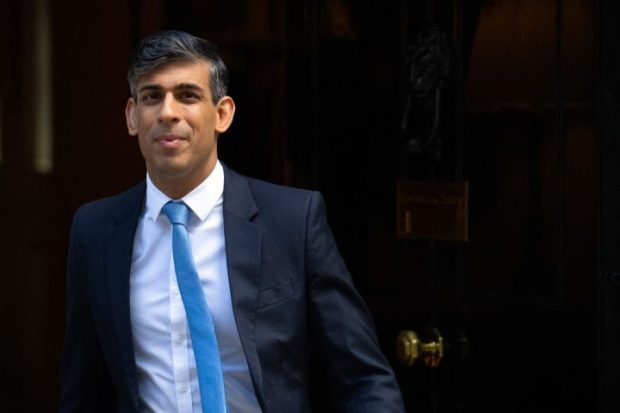














Comments
Don't miss out
Join the conversation with other Spectator Australia readers. Subscribe to leave a comment.
SUBSCRIBEAlready a subscriber? Log in